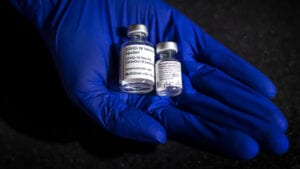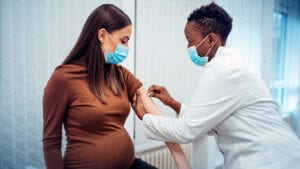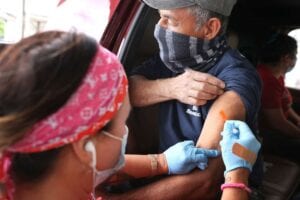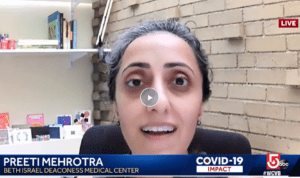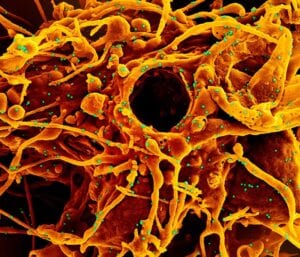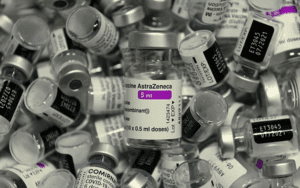Mixing COVID-19 vaccines appears to boost immune responses
Early data suggest mixing COVID-19 vaccines may actually be beneficial to boost immune responses. In three recent studies, researchers have found that following one dose of the vaccine made by AstraZeneca with a dose of the Pfizer-BioNTech vaccine produces strong immune responses, as measured by blood tests. Dan Barouch, MD, PhD (Center for Virology and Vaccine Research, BIDMC) said two different vaccines may be more potent than either vaccine alone.

